49 years after the historic April 30, with the spirit of "putting the past behind, overcoming differences, promoting similarities, and looking towards the future", Vietnam and the US have been closely cooperating in overcoming the consequences of war, considering this a priority in bilateral relations, helping to build trust and enhance mutual understanding. A significant contribution to that effort is people-to-people diplomacy .
Speaking to VNA reporters in Washington, Dr. Andrew Wells-Dang, head of the Vietnam War Legacy and Reconciliation Initiative at the United States Institute of Peace (USIP), emphasized that a special point in the Vietnam-US relationship is the foundation of people-to-people diplomacy, including relationships between veterans, students, businessmen and non-governmental development organizations.
Looking at the post-war period, Dr. Andrew Wells-Dang found that trust and cooperation between the two peoples had been established long before Vietnam and the United States had made diplomatic progress at the state level. In general, almost all socio -political groups supported stronger bilateral relations, a significant achievement in the post-war reconciliation process.
Over the years, non-governmental organizations, funds, and individuals who are American partners of the Vietnam Union of Friendship Organizations have provided support worth millions of dollars to care for war victims in localities, build charity houses, cultural facilities, libraries, and give gifts and livestock to people in remote and poor areas and ethnic minorities. Many American student delegations have come to volunteer as well as support money and learning materials for people with disabilities and victims of Agent Orange/dioxin in localities of Vietnam.
Many veterans or children and relatives of American soldiers who died in Vietnam, from understanding the truth of the past, have taken concrete actions to help Vietnam overcome the consequences of war. Some projects have brought about positive effects in terms of deep reconciliation, such as organizing meetings between people who were on both sides of the front line, between relatives of those who died or were injured in the war on both sides, or projects by Americans whose relatives died in the Vietnam War to support the construction of houses for the poor in Vietnam...
Many Americans, witnessing firsthand the severe consequences of the war that the Vietnamese people are still suffering after nearly half a century, have decided to do something to contribute to overcoming the consequences of the war and the development of Vietnam as well as the relationship between the two countries.
A number of scholars, researchers, and reporters came to Vietnam to collect materials for writing books, newspapers, making films, and taking photos, honestly and objectively reflecting the American war in Vietnam and its consequences, as well as Vietnam's achievements and difficulties in developing and building the country.
Moved by the altruism and generosity of the Vietnamese people in helping to search for the remains of missing American soldiers, while many Vietnamese mothers, wives and families have yet to find any trace of their fallen loved ones, more and more American veterans and their families are coming to Vietnam, bringing hundreds of files, documents and battlefield relics to give to the authorities, martyrs' families or Vietnamese museums, to help search for the remains of soldiers who died or went missing on the battlefields of the past.
International security researcher David Johnson of Stanford Law School assessed: "The relationship between Vietnam and the US is not only an example of healing the wounds of the past, but also a testament to the power of understanding and cooperation in diplomacy."
In recent years, the teaching of the Vietnam War in American schools has received increased attention and emphasis, helping students better understand this important event in the history of both countries, not only the main developments of the war, but also the consequences and further impacts on both countries. The lessons of the Vietnam War have profound implications for peace, human rights, and cultural diversity. Understanding the mistakes and consequences of the war can help avoid similar mistakes in the future.
Including the Vietnam War in the curriculum also helps the younger generation in the US better understand the culture, geography and people of Vietnam, opening the door to a deeper understanding of the culture and traditions of the Vietnamese people, contributing to strengthening the relationship between the two countries. In addition, more and more young Americans are coming to Vietnam to study and teach English, contributing to building a bridge to promote understanding between the two countries.
According to Dr. Andrew Wells-Dang, the younger generations of the two countries need to know more about the war, the brutality and losses on both sides, thereby contributing more to reconciliation and developing relations between the two countries.
Ron Carver, Executive Director of the Waging Peace in Vietnam Education Foundation, worked with a group of veterans and historians in the United States to compile two books, one in English and one in Vietnamese, about the role of peace-loving veterans in ending the war. The group has introduced the collection to 19 universities in the United States and 8 universities in Vietnam.
Ron Carver said he is trying to organize a conference where American and Vietnamese historians can meet and discuss the end of the war and future cooperation strategies. The event is scheduled to be held next year to mark the 50th anniversary of the end of the war. This is another form of people-to-people cooperation, enhancing understanding and recording memories of the war.
The War Remnants Museum in Ho Chi Minh City and the United States Agency for International Development (USAID) have signed a Memorandum of Understanding to develop a joint exhibition space on the two countries’ joint efforts to overcome the consequences of war. The joint exhibition space will open in 2025.
Notably, there will be a permanent exhibition space curated by Kentucky veterans, showcasing the work of Vietnamese and Western war photographers.
According to Professor John Smith, Department of Political Science at Harvard University, the relationship between Vietnam and the US has "undergone an incredible process from the post-war period to the present. Cooperation and mutual rebuilding of the relationship have laid the foundation for a promising future".
Professor of diplomacy and international relations Sarah Brown, Columbia University, commented: "The fact that Vietnam and the US have built a relationship based on mutual respect and common interests has created a bright spot in the multidimensional picture of modern international relations."
During the war, in the heart of the United States, the wave of protests against the Vietnam War spread a strong message from the peace-loving American people. After the war, people-to-people diplomacy became a bridge to help heal the wounds of war, contributing to building trust and promoting the Vietnam-US relationship to new heights.
According to VNA/Vietnam+
Source



![[Photo] Prime Minister Pham Minh Chinh chairs the national online conference on combating smuggling, production and trade of counterfeit goods.](https://vphoto.vietnam.vn/thumb/1200x675/vietnam/resource/IMAGE/2025/6/23/4a682a11bb5c47d5ba84d8c5037df029)

![[Photo] Prime Minister Pham Minh Chinh holds meeting to launch exhibition of national achievements to celebrate 80th National Day](https://vphoto.vietnam.vn/thumb/1200x675/vietnam/resource/IMAGE/2025/6/23/0c0c37481bc64a9ab31b887dcff81e40)

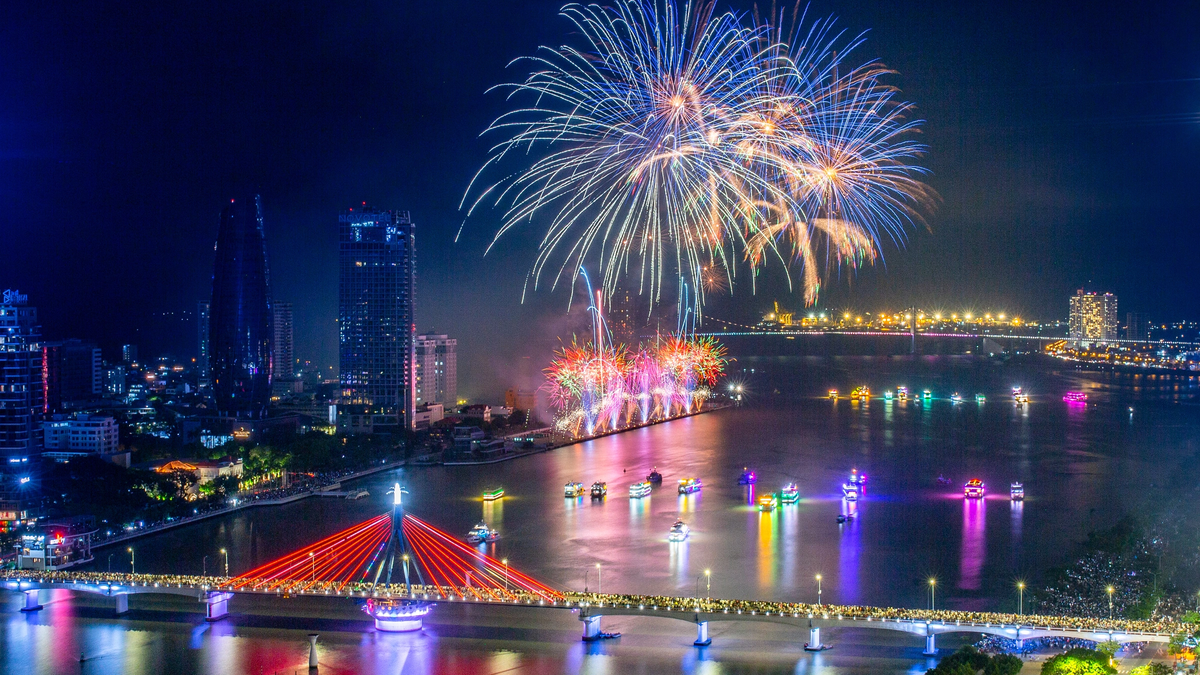
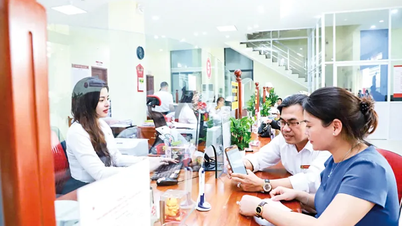

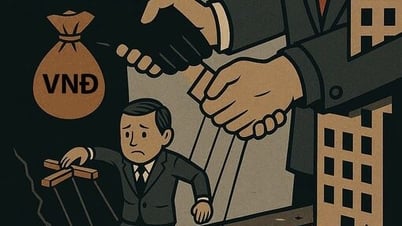

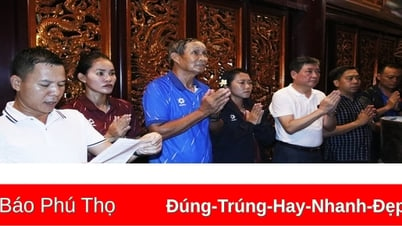

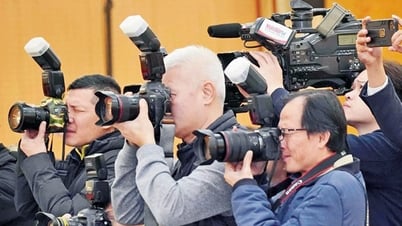

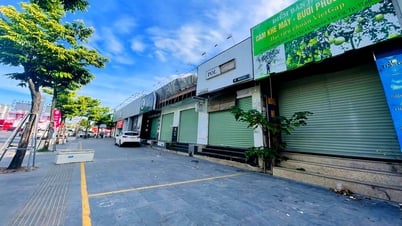



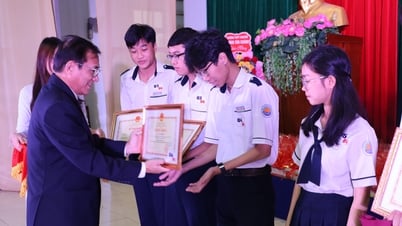




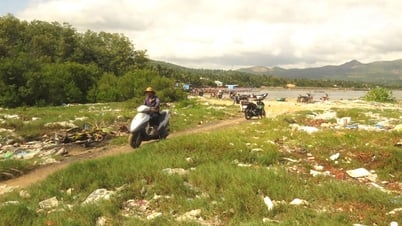
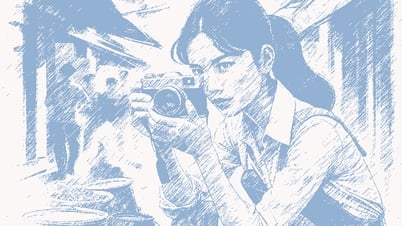




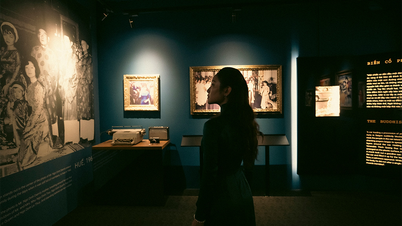
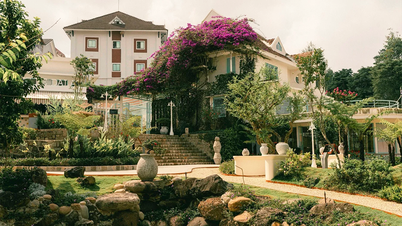

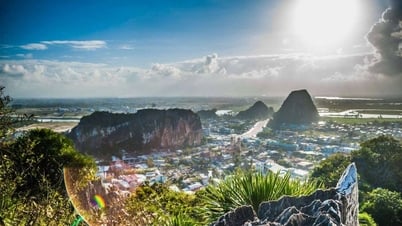

![[Photo] Party Congress of the Central Internal Affairs Commission for the 2025-2030 term](https://vphoto.vietnam.vn/thumb/1200x675/vietnam/resource/IMAGE/2025/6/23/5bf03821e6dd461d9ba2fd0c9a08037b)
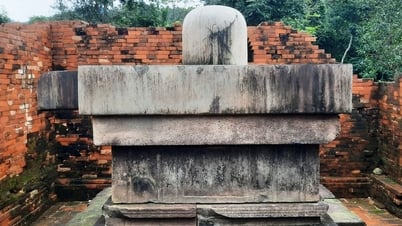



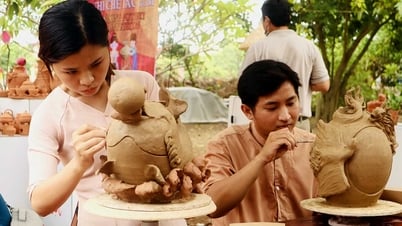



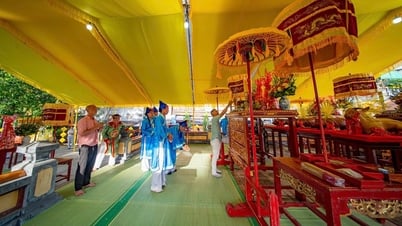

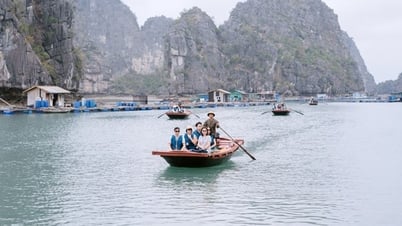

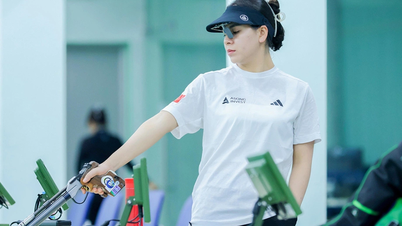
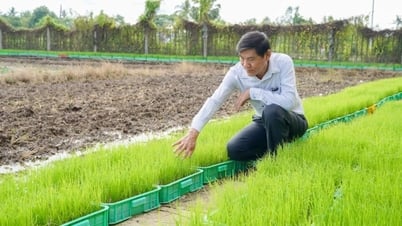


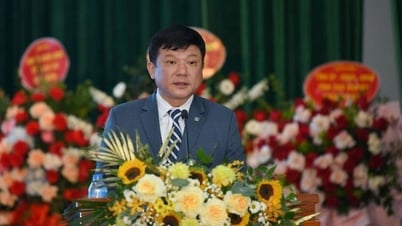

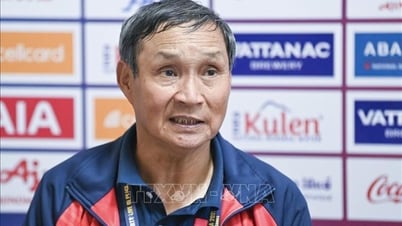
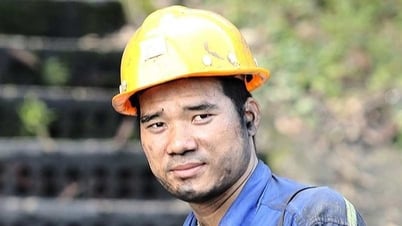

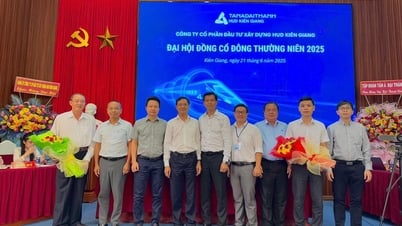

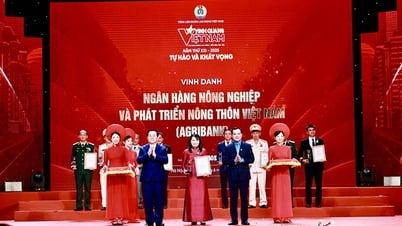

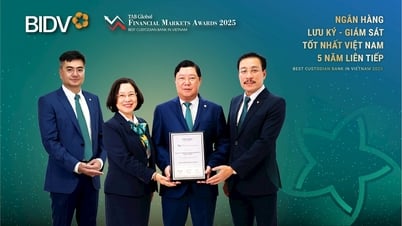

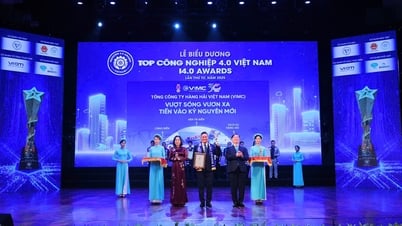
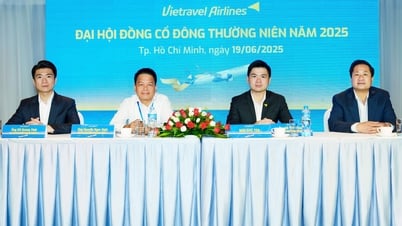
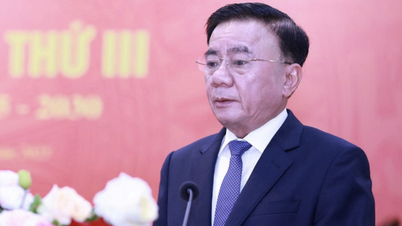

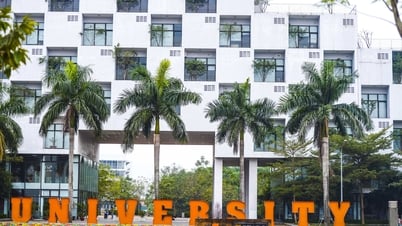

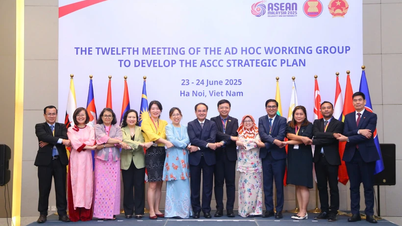
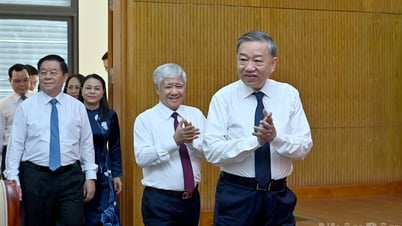

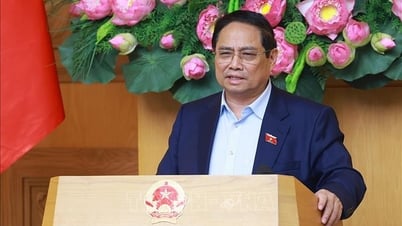
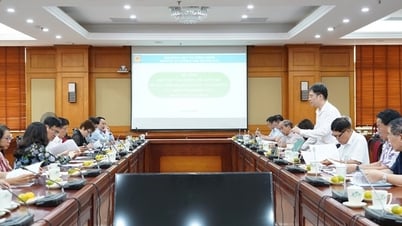

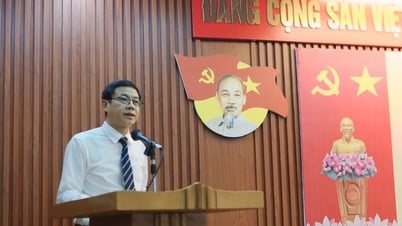


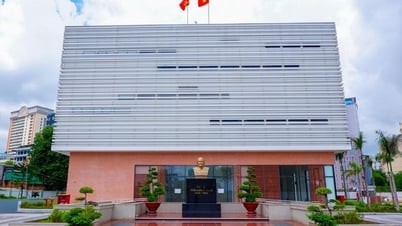

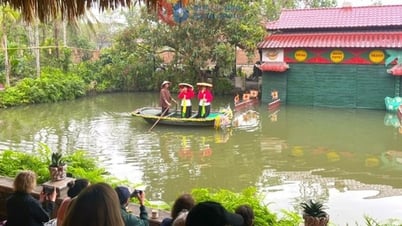
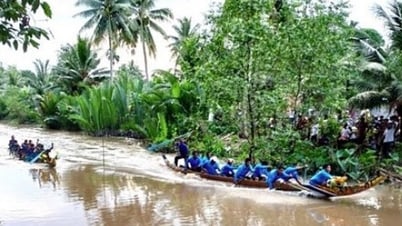



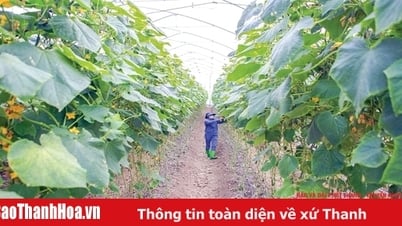








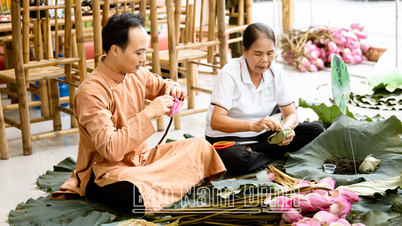


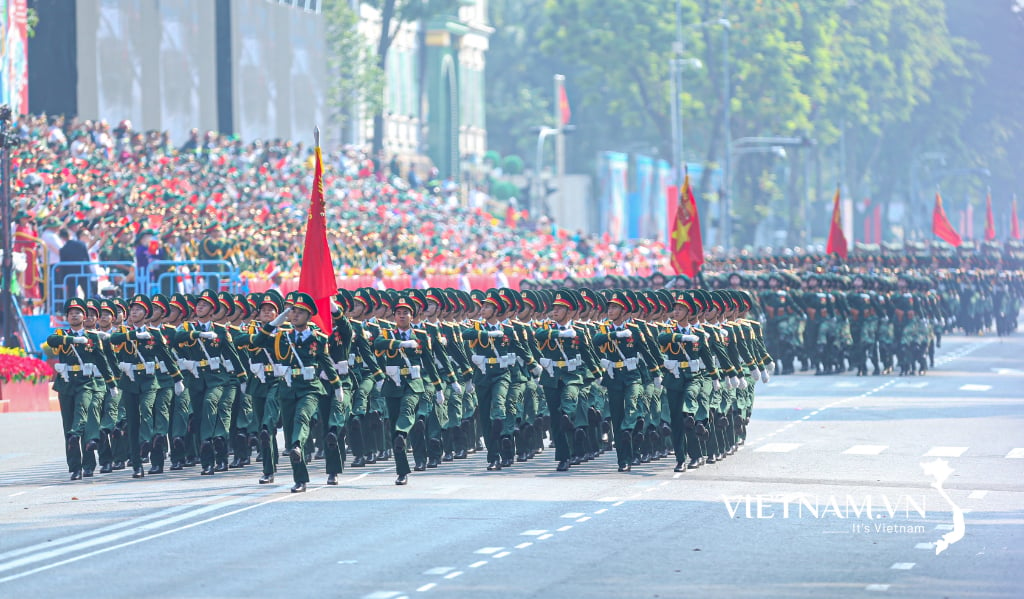
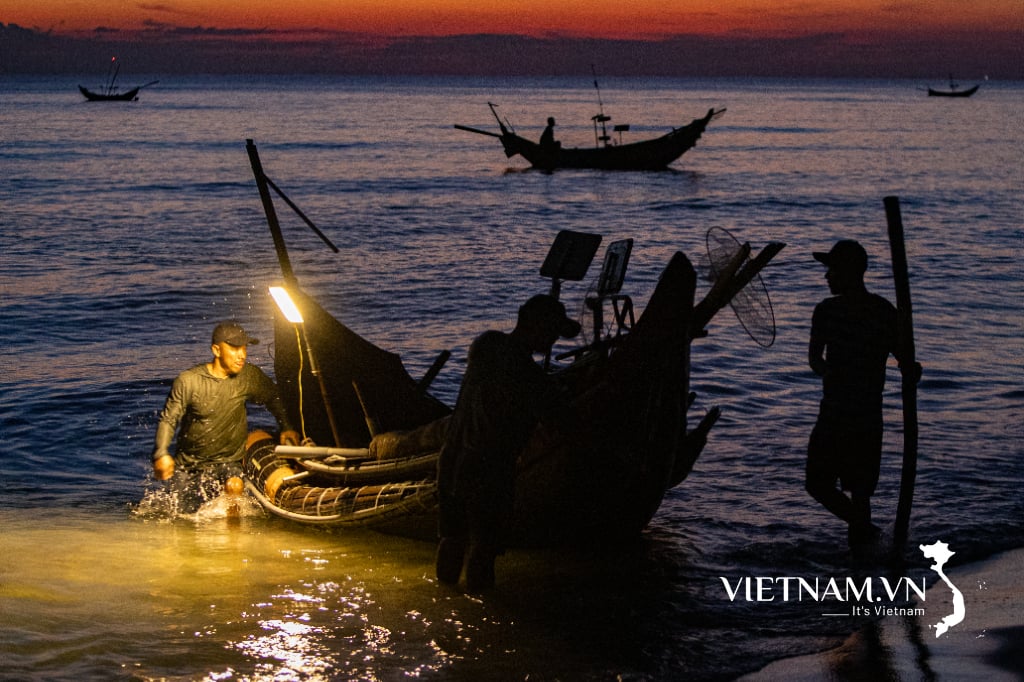


Comment (0)